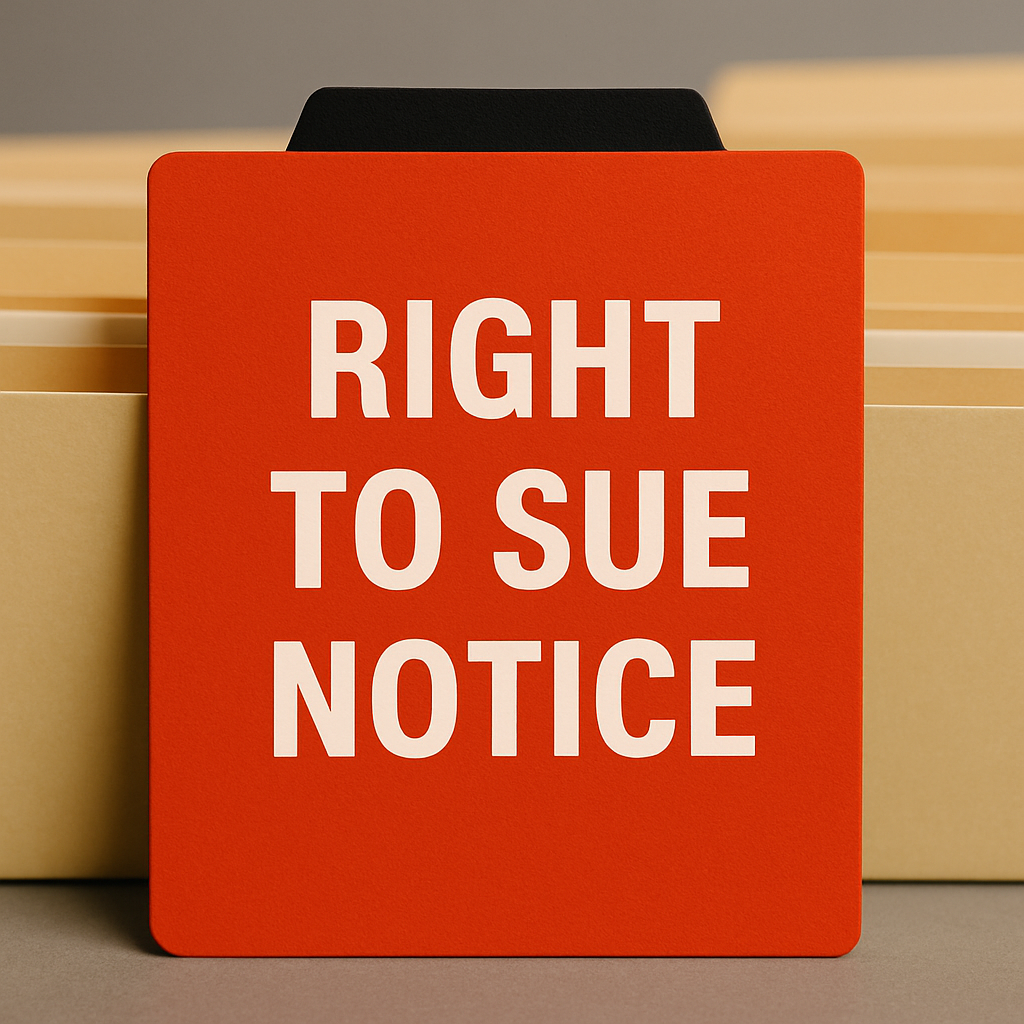Practice areas
Filing an EEOC Claim of discrimination
Before most employment discrimination cases can be filed in court, you must first go through the Equal Employment Opportunity Commission (EEOC). Our office guides clients through every step of this administrative process—from filing the initial charge to responding to employer statements and navigating mediation. We help ensure your complaint is clearly presented and legally sound, so your voice is heard and your rights are protected from the very beginning.
Federally Protected Characteristics under EEOC Law:
Race
Color
Religion
Sex (including pregnancy, sexual orientation, and gender identity)
National Origin
Age (40 or older)
Disability
Genetic Information (including family medical history)
Retaliation (for asserting rights, reporting discrimination or participating in EEO processes)
Race and Color Discrimination
If you’ve been treated unfairly at work because of your race or the color of your skin—whether through unequal pay, biased discipline, or a hostile work environment—you have the right to speak up. We help clients file clear, compelling EEOC complaints that expose race-based discrimination and demand accountability.
Sex and Gender Discrimination
Sexual harassment, unequal treatment based on gender, pregnancy discrimination, or being penalized for expressing your gender identity are all illegal. We assist clients in documenting these violations and navigating the EEOC process with confidence and care.
Disability Discrimination
Federal law protects workers with disabilities from being denied reasonable accommodations, excluded from opportunities, or treated unfairly. We work with clients to clearly present their stories to the EEOC and demand the rights they are entitled to under the law.
Age Discrimination
For workers aged 40 and older, age-based bias is a violation of federal law. If you’ve been passed over for promotions, laid off, or mistreated due to your age, our office can help you file a timely charge and fight for fair treatment.
Retaliation
It is illegal for an employer to punish you for reporting discrimination, participating in an investigation, or asserting your rights. If you’ve been demoted, harassed, or fired after speaking up, we’ll help you file a strong retaliation claim and pursue justice.
Filing a federal court lawsuit of employment discrimination
Once the EEOC process is complete, most employment discrimination cases require a Notice of Right to Sue before moving forward. This letter gives you 90 days to file your lawsuit in federal court. Missing this deadline can permanently bar your claim. Our office helps clients assess the strength of their case, prepare the necessary pleadings, and file timely discrimination lawsuits under Title VII, the ADA, ADEA, and other federal laws. We handle the legal complexities—so you can focus on standing up for your rights.
Do You Qualify to File in Federal Court?
✔️ You received a Notice of Right to Sue
⏳ You are within the 90-day deadline
⚖️ Your case involves race, sex, disability, age, religion, or another protected category
📁 You are ready to move from EEOC to court action
What Happens After You File?
Once your complaint is filed, your employer will be served with the lawsuit. Both sides will exchange information through a process called discovery, and the court may set deadlines for motions or mediation. We guide you through every phase—protecting your rights and preparing your case with clarity and confidence.
Common Types of Cases We Handle in Court
Retaliation after reporting discrimination
Denial of reasonable accommodation (ADA)
Failure to promote based on race or sex
Wrongful termination due to age or disability
Pregnancy discriminatiom
Differential treatment based on a federally protected trait
Ready to Take the Next Step?
Schedule a consultation to discuss your Right to Sue letter, evaluate your legal options, and determine whether federal litigation is right for you.
Appealing a federal court employment discrimination lawsuit
If your employment discrimination case was dismissed or decided unfairly in federal court, you may still have options. A federal appeal is not a new trial—it’s a legal challenge that asks a higher court to review whether the judge applied the law correctly or overlooked important facts.
At the Law Office of Attorney Natalie Blackman, we help clients understand their appellate rights and prepare strategic, well-supported appeals. We review the trial court record, identify legal errors, and draft persuasive appellate briefs that give your case a second chance.
When Can You File an Appeal?
✔️ You received a final judgment or order dismissing your case
⏳ You are within the time limit to file a Notice of Appeal (generally 30 days)
⚖️ You believe the judge made a legal error or overlooked critical facts
📝 You want experienced legal guidance on the appeals process
What We Handle on Appeal
Erroneous dismissals of discrimination or retaliation claims
Failure to consider key evidence
Misapplication of legal standards (e.g., summary judgment)
Bias or procedural errors during litigation
Cases involving Title VII, ADA, ADEA, or Section 1981
Appellate Representation You Can Trust
Appeals require a sharp understanding of federal law, procedure, and persuasive writing. Our office prepares thoughtful, focused briefs that elevate your voice and advocate for the justice you deserve—even when the first round didn’t go your way.


